Sunflower Seeds are the edible seeds of the sunflower (Helianthus annuus) plant. These seeds are not only a popular snack but also a nutritious addition to various dishes. Here’s more information about sunflower seeds:
Key Characteristics:
- Shell: Sunflower seeds are typically found in a hard, black-and-white striped shell.
- Edible Kernel: The edible part of the sunflower seed is the white or grayish kernel found inside the shell.
- Flavor: Sunflower seeds have a mild, nutty flavor.
Nutritional Content:
- Healthy Fats: Sunflower seeds are a good source of healthy fats, including monounsaturated and polyunsaturated fats.
- Protein: They contain a moderate amount of protein, making them a valuable addition to vegetarian and vegan diets.
- Vitamins and Minerals: Sunflower seeds are rich in vitamin E, magnesium, phosphorus, and selenium.
- Fiber: They provide dietary fiber, which supports digestive health.
Culinary Uses:
- Snacking: Sunflower seeds are often eaten as a standalone snack, either roasted and salted or raw.
- Trail Mixes: They are a common ingredient in trail mixes, combined with other nuts, dried fruits, and sometimes chocolate.
- Salads: Sunflower seeds can be sprinkled on salads to add crunch and nutrition.
- Baking: Sunflower seeds can be incorporated into baked goods, such as bread, muffins, or granola bars.
- Butters and Spreads: Sunflower seed butter, similar to peanut butter or almond butter, is made from ground sunflower seeds and is a nut-free alternative.






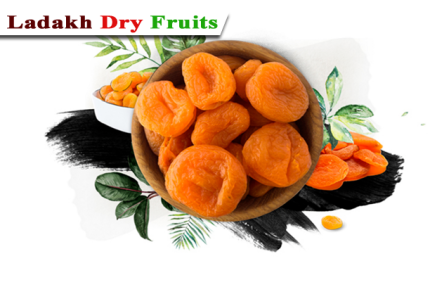
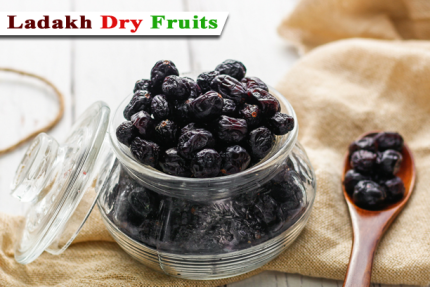


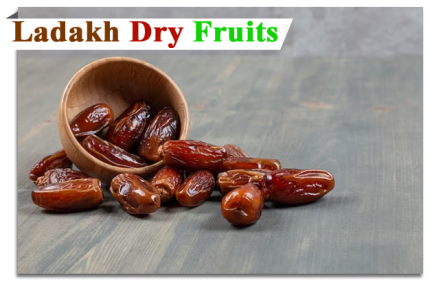
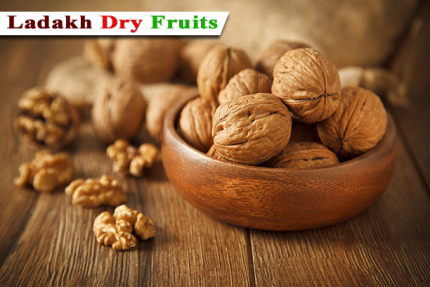
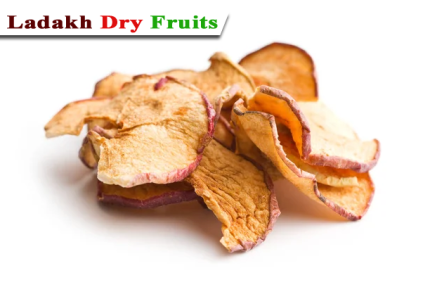

Reviews
There are no reviews yet.